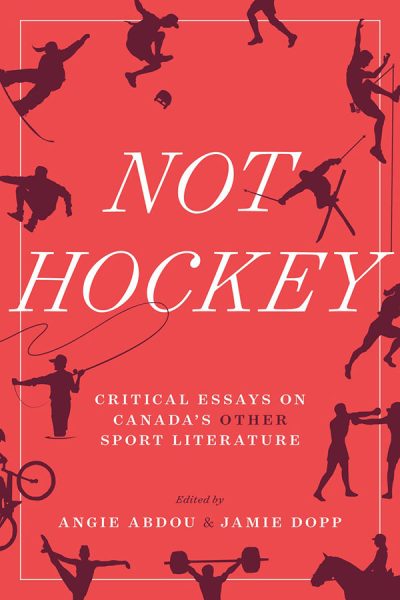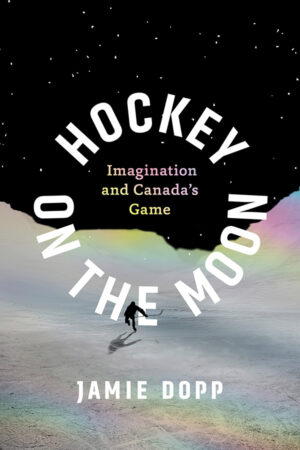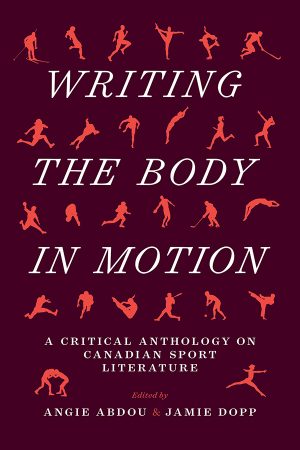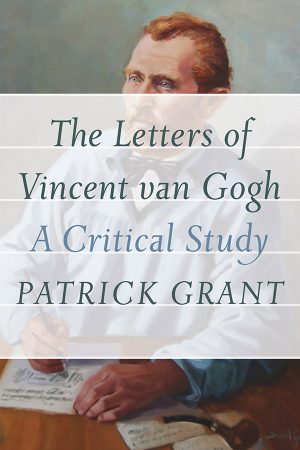Subjects: Literary Theory and Criticism, Sport
Imprint: AU Press
- 9781771993777 (paperback)
- 9781771993784 (pdf)
- 9781771993791 (epub)
In this carefully curated collection of essays, editors Jamie Dopp and Angie Abdou go beyond their first collection, Writing the Body in Motion, to engage with the meaning of sport found in Canadian sport literature. How does “sport” differ from physically risky recreational activities that require strength and skill? Does sport demand that someone win? At what point does a sport become an art? With the aim of prompting reflections on and discussions of the boundaries of sport, contributors explore how literature engages with sport as a metaphor, as a language, and as bodily expression.
Instead of a focus on what is often described as Canada’s national pastime, contributors examine sports in Canadian literature that are decidedly not hockey. From skateboarding and parkour to fly fishing and curling, these essays engage with Canadian histories and broader societal understandings through sports on the margin. Interspersed with original reflections by iconic Canadian literary figures such as Steven Heighton, Aritha Van Herk, Thomas Wharton, and Timothy Taylor, this volume is fresh and intriguing and offers new ways of reading the body.
Table of Contents
- Introduction
- Part I. Niche Sports and Subcultures: Non-commercial Experiences
- 1. “All Lithe Power and Confidence”: Skateboarding in Michael Christie’s If I Fall, If I Die / Heidi Tiedemann Darroch
- Burn the Scoreboards: Michael Christie on Skateboarding and Olympic Sport
- 2. Olympic Athletes Versus Parkour Artists: Sport, Art, and the Critique of Celebrity Culture in Timothy Taylor’s The Blue Light Project / Angie Abdou
- On The Blue Light Project: An Interview with Timothy Taylor
- 3. Covering Distance, Coming of Age, and Communicating Subculture: David Carroll’s Young Adult Sports Novel Ultra / Fred Mason
- 4. Out of the Ordinary: Curling in The Black Bonspiel of Willie MacCrimmon and Men with Brooms / Jamie Dopp
- Part II. Colonialism and Nature
- 5. Sporting Mountain Voice: Alpinism and (Neo)colonial Discourse in Thomas Wharton’s Icefields and Angie Abdou’s The Canterbury Trail / Eva-Maria Müller
- “Climbing It with Your Mind”: An Interview with Thomas Wharton
- 6. A “Most Enthusiastic Sportsman Explorer”: Warburton Pike in The Barren Ground / Misao Dean
- 7. Getting Away from It All, or Breathing It All In: Decolonizing Wilderness Adventure Stories / Gyllian Phillips
- Part III. Gender, Race, and Class
- 8. “Maggie’s Own Sphere”: Fly Fishing and Ecofeminism in Ethel Wilson’s Swamp Angel / Cory Willard
- 9. “Don’t Expect Rodeo to Be a Sweet Sport”: Ambiguity, Spectacle, and Cowgirls in Aritha van Herk’s Stampede and the Westness of West / Veronika Schuchter
- Contention, On Rodeo: Aritha van Herk on Rodeo and Writing
- 10. Immigration, Masculinity, and Olympic-Style Weightlifting in David Bezmozgis’s “The Second Strongest Man” / Jason Blake
- Weightlifting, Humour, and the Writer’s Sensibility: An Interview with David Bezmozgis
- 11. “It All Gets Beaten Out of You”: Poverty, Boxing, and Writing in Steven Heighton’s The Shadow Boxer / Adrian Markle
- On Boxing: An Interview with Steven Heighton
- 12. Turn It Upside Down: Race and Representation in Sport, Sport Literature, and Sport Lit Scholarship / Jael Richardson in conversation with Angie Abdou
- Contributors
This work is licensed under a Creative Commons License (CC BY-NC-ND 4.0). It may be reproduced for non-commercial purposes, provided that the original author is credited.



![[book cover] Wild Words](https://www.aupress.ca/app/uploads/120153_Wild-Words-cover-300x450.jpg)
